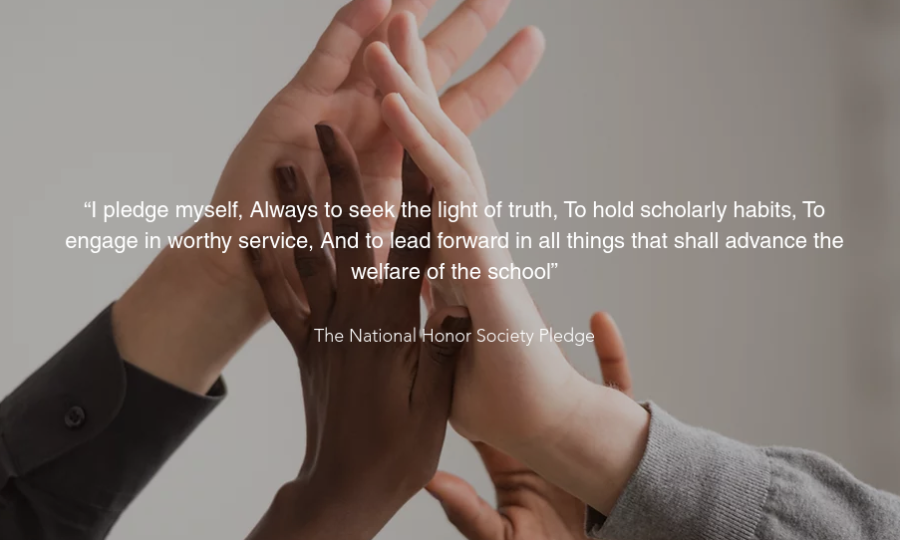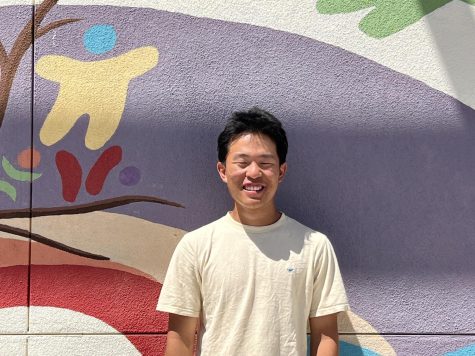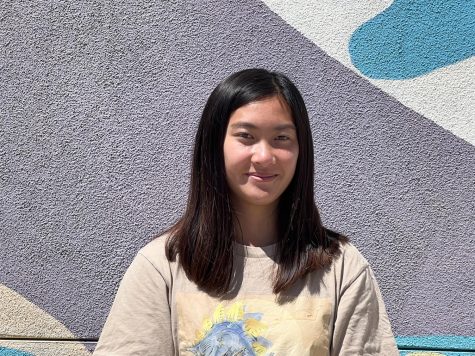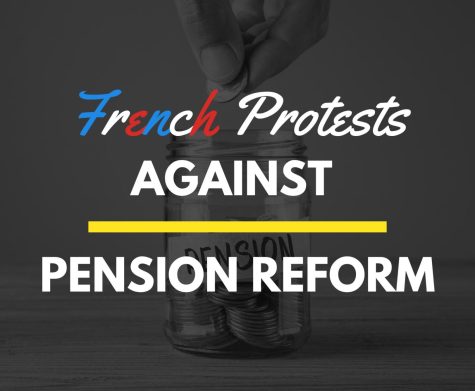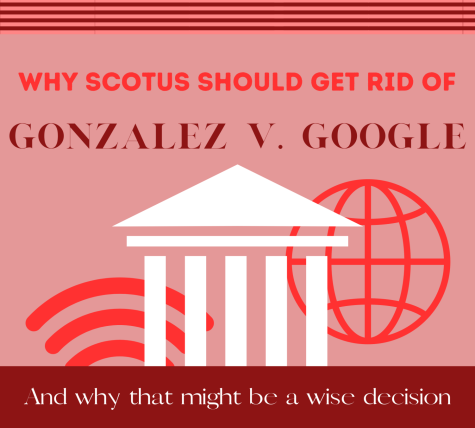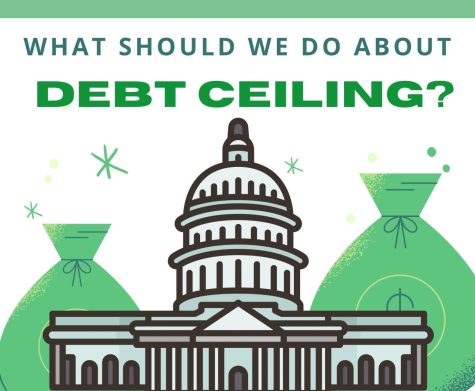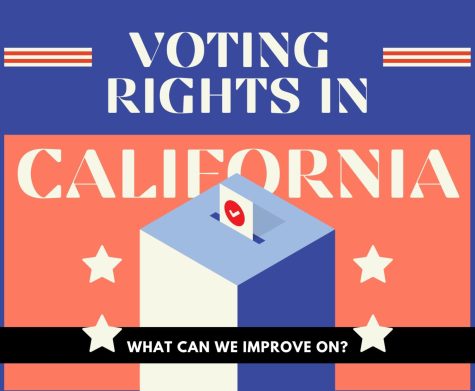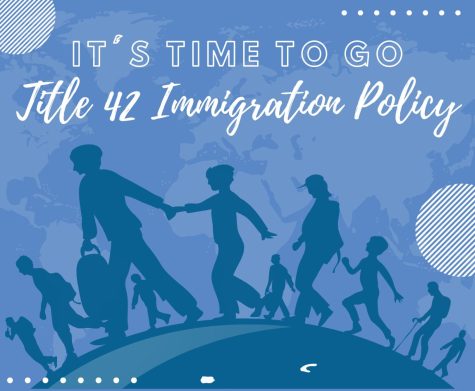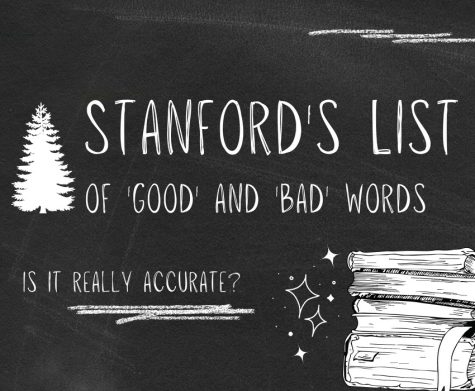The superficiality of student service clubs- and how to fix it
Many clubs have inspiring mission statements and constitutions, but what do they really do?
May 20, 2022
Student service clubs have proliferated in high schools at incredible rates of growth. The level of giving back to the community seems to be absurdly high, as branches of Save the World Club, Save Starving Children club, Save the Environment club, and so many more “Save-esque” clubs join the ranks of school clubs and organizations every single year.
A few of the newest additions to Amador itself in the last 5 years consist of many fantastic clubs such as a tutoring club, a cancer awareness club, a branch of the National Honors Society, and more.
But what exactly do these so-called “nonprofits” do? Are they truly contributing to the already altruistic attitudes of American society? Recent years have seen a decrease in volunteering in communities, not decreasing, while student nonprofits have dramatically increased in numbers.
A study shows that volunteering has declined from 65 percent in 2013 to 56 percent in 2021. George H. W Bush’s Thousand Points of Light, at this rate, is only an ideal.
Bush’s good Samaritan nation is far from the truth, and even the volunteering service hours requirement and all the many clubs that have sprung up in order to support have many other ulterior motives.
For example, the National Honors Society has five officer positions, with 2 presidents and founders-perhaps a buddy system is working excellently for the position of chief executive officer. An excellent solution to the two-party system is to simply have 2 presidents of America, after all.
No Child Left Behind has created a brand, spanking new officer position known as Vice President of Outreach. Its role is to provide “academic opportunities for impoverished and underrepresented children”
The National Center for Education Statistics released a study, with findings indicating that after high school, young adult service volunteers dramatically decreased, at a rate of 25 percent decrease every 8 years. Moreover, the majority of volunteers were not consistent, with only 12 % having volunteered consistently across all survey periods.
What does this all say about the nature of student service? These many statistics point toward one glaringly obvious conclusion: that students do not join these clubs purely out of a desire to serve their community. After high school, many stop, and as adults, the majority simply do not care.
“I think volunteer service and all those clubs for it is actually quite fulfilling. I just can’t see myself doing much of it after college, though, because of time,” said Megh Patel (‘24).
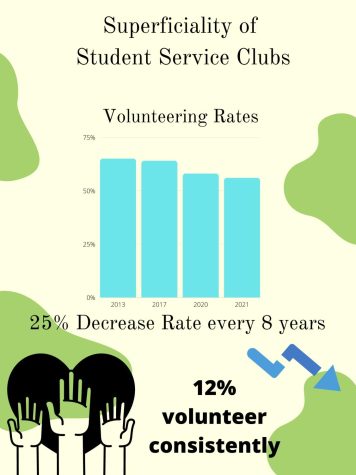
High school students join and start these clubs in order to boost their resumes and college applications, to make themselves look more appealing in the judgemental eyes of undergraduate admissions. This is plain wrong, as clubs ought to be for individuals who truly enjoy doing what the club is created for, whether it be chess, debate, or volunteering.
“I think the biggest reason people do clubs is so they look better when it comes to college apps. That’s really the big reason why,” said Patel.
This isn’t to say that these clubs are all shams thrown together to impress colleges. Many clubs like No Child Left Behind and many more have managed to make a very real impact on the world, tutoring struggling kids, or bettering the lives of other children or patients. But these are not the norm, as, for many clubs, credit is given where no credit or very little is due.
So what can be done about the superficiality of these clubs, and the real motives behind them? The system is flawed enough as it is, with richer students performing better in every zone that colleges scout for grades, extracurriculars, essays, and achievements. How can the education system promote authenticity in a system designed to reward spuriousness?
“I don’t think anyone’s got the answer to that, honestly. It’s tough, I wouldn’t know where to start even if I could do anything,” said Patel.
The answer is simple: regulate these clubs. Colleges shouldn’t be looking at if someone was the founder of the new Save the Children club or Save the World club. Being an officer or member of these clubs should hold little to no value at all unless there is quantifiable evidence that an individual had spent X amount of hours for this club, every single week, every single year.
It’s a simple fix that will reveal the feeble values of service these organizations espouse so easily. “President and Founder of Save the World” sounds more impressive than the truth of “sending a few emails every week and committing 15 minutes a week for meetings.”

